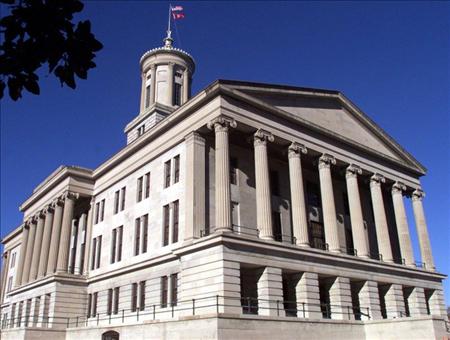Tennessee lawmakers are fortunately required by our state Constitution to balance the state's budget each year.
That leaves only a couple of options when the cost of the things that the state needs or wants exceeds the funds available: Cut spending or raise taxes.
Raising taxes - especially trying to impose an unconstitutional state income tax - would be disastrous. It is no coincidence that Tennessee has been attracting major economic development the past few years while it has simultaneously maintained low overall taxation - and avoided a general income tax.
With its sensible tax rates and reasonable - but not excessive - regulations, Tennessee has remained one of the most business-friendly states in America. That means jobs and income for more of our residents. We certainly do not want to tinker with that successful formula by increasing taxes just so state government can spend more.
Instead, Tennessee has wisely chosen the path of spending cuts to balance the budget.
When the new budget year starts in July, many services funded by state taxpayers will be trimmed. Some of the spending reductions will be painful. For instance, more than 1,300 state government positions - some of which are not currently filled - will be cut.
But the simple fact is, the national economy is still weak, and even with some state revenue rising, Tennessee cannot afford to go on a spending binge.
We would also point out that federal "stimulus" funds of $1.82 billion for Tennessee are winding down. It may seem nice to have "free money" from Washington, but serious doubts remain about whether the stimulus actually stimulated the job growth that Congress promised.
Last year, The Associated Press looked at counties around the United States that got the most money from the stimulus on a per-capita basis. One of those counties was Marshall County in Middle Tennessee. It got more stimulus money for road projects than almost any other county in America.
But the AP found "no difference in unemployment trends between the group of counties that received the most stimulus money and the group that received none ... ."
Nationwide, "[T]here was nearly no connection between stimulus money and the number of construction workers hired or fired ... ."
So while we may fret over Tennessee's share of the stimulus ending, the private sector - not federal or state government - is where we should really be looking for job growth.
Gov. Bill Haslam and our legislators can keep Tennessee on the path to economic growth by maintaining low taxes and low government spending. Budget cuts are rarely easy, but they are far preferable to job-killing tax increases.
